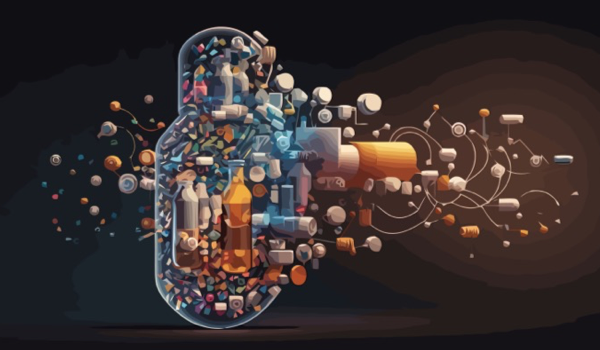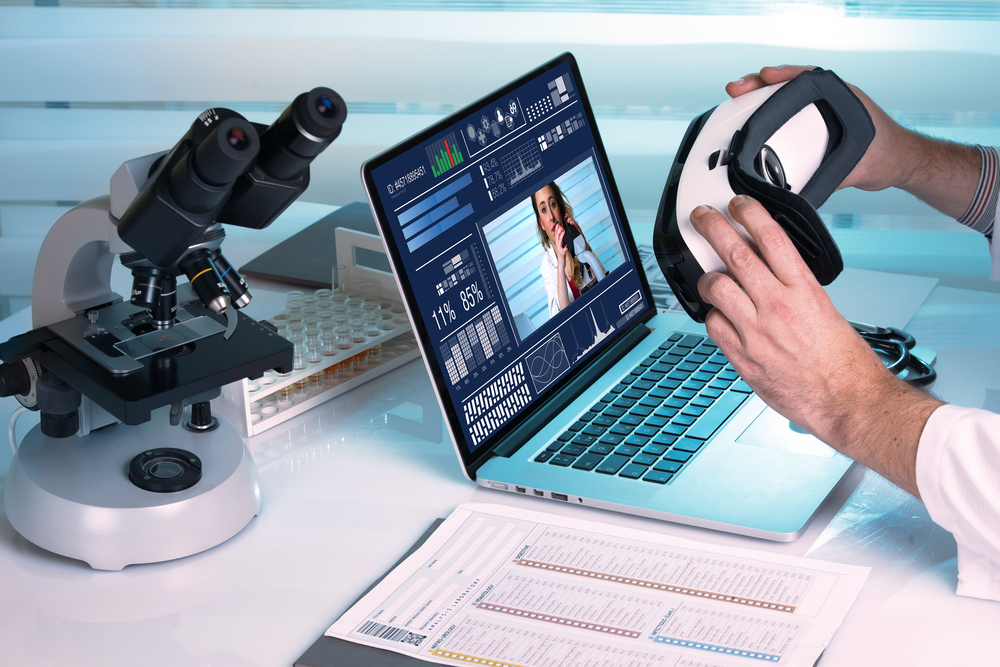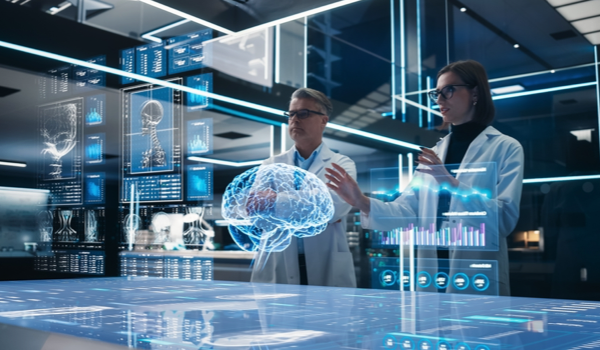


LONDON - Historically, the search for novel and efficient medications has been an expensive, time-consuming, and often unpredictable process. However, the quick - and accelerating - development of artificial intelligence (AI) in recent years is causing drug research to undergo dramatic change. This is largely a result of AI's ability to analyze enormous volumes of data, spot patterns, and forecast outcomes, ushering in a new era of expedited medication discovery. This article examines how AI is changing the drug discovery process, and also takes a look at some of its uses, difficulties, and potential benefits for the future of medicine.
AI’s impact on drug discovery
AI is proving to be a powerful tool in all aspects of drug discovery, enabled by diverse technologies such as machine learning (ML) and deep learning:
- Data analysis and insights: Starting in the age of Big Data, AI systems have become able to analyze and process complex biological, chemical, and clinical datasets, uncovering patterns and insights human researchers would likely miss. This capability is one of the most important in expediting the identification of possible medication candidates.
- Predictive modeling: AI creates predictive models that evaluate medication safety profiles, and forecast potential side effects and interactions between compounds and target proteins. Early-stage testing lowers the possibility of failure during later phases of medication development. One of the studies, PRRpred, deals with the prediction of pattern recognition receptors (PRRs) using evolutionary information. PRRs are an integral part of the immune system. PRRs are germline-encoded host sensors that detect molecules typical for certain pathogens. Their agonist/ligands act as i
The content herein is subject to copyright by The Yuan. All rights reserved. The content of the services is owned or licensed to The Yuan. Such content from The Yuan may be shared and reprinted but must clearly identify The Yuan as its original source. Content from a third-party copyright holder identified in the copyright notice contained in such third party’s content appearing in The Yuan must likewise be clearly labeled as such. Continue with Linkedin
Continue with Linkedin
 Continue with Google
Continue with Google









 1189 views
1189 views








